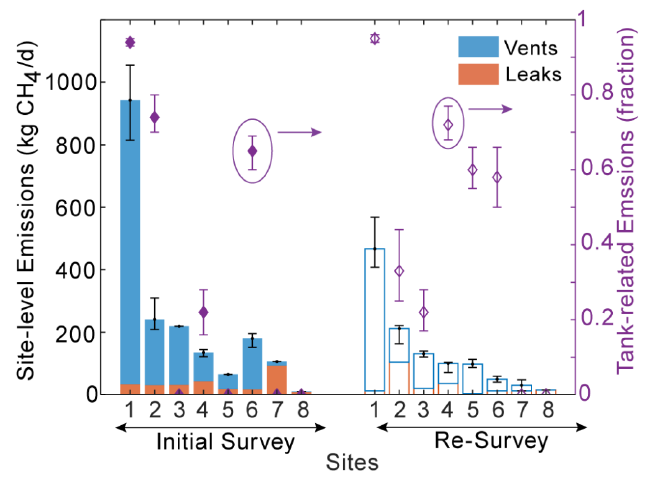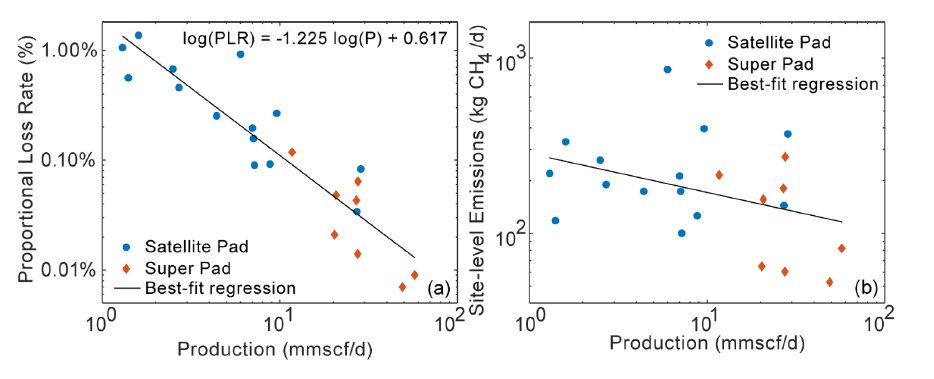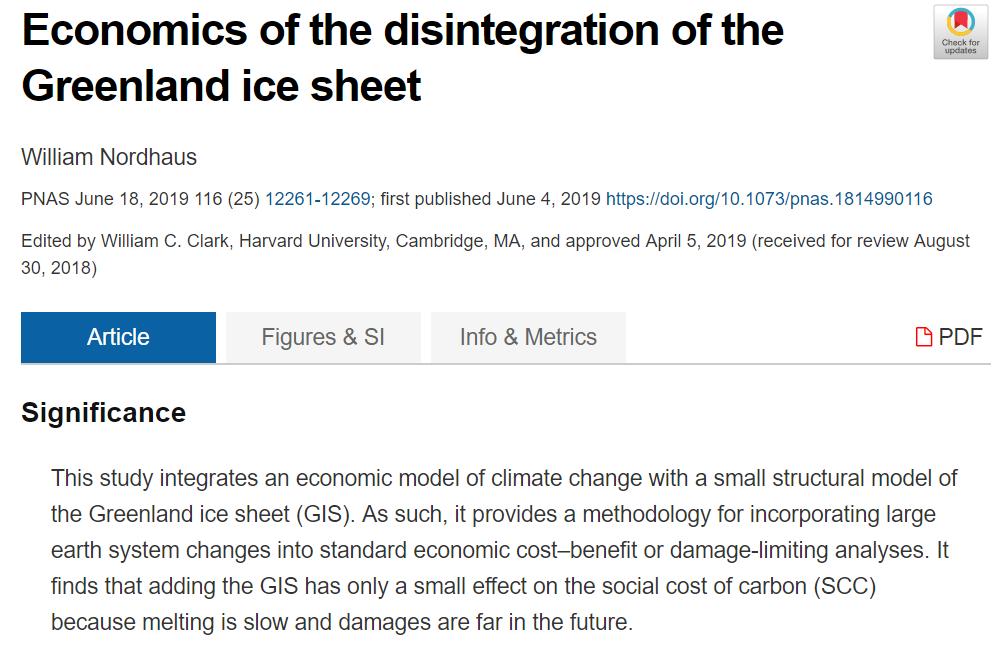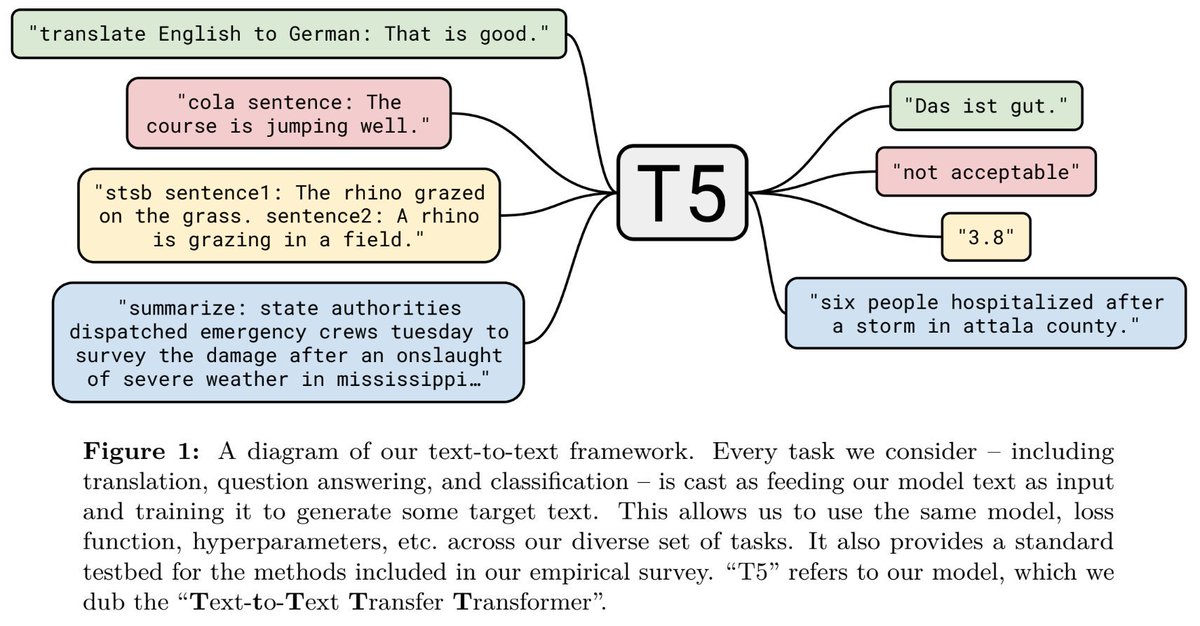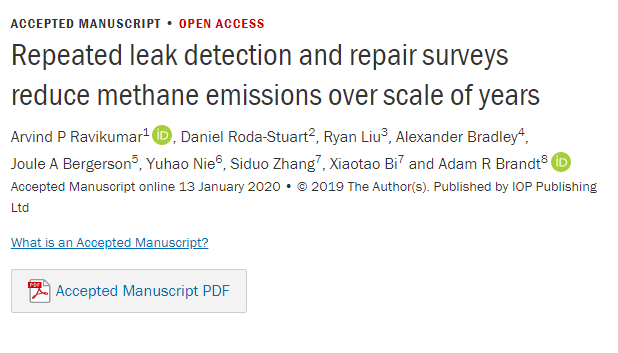
Methane emissions consists of leaks (unintentional, fixable) and vents (intentional, not fixable). Leak detection policies only target leaks.
But, some vents can be fixed because they vent far more than what they were designed for. These anomalous vents. 3/
We also find that repair is highly effective: >90% of leaks fixed do not come back. But, *new* leaks are generated.
This is an important result for state and federal methane policy. 5/


